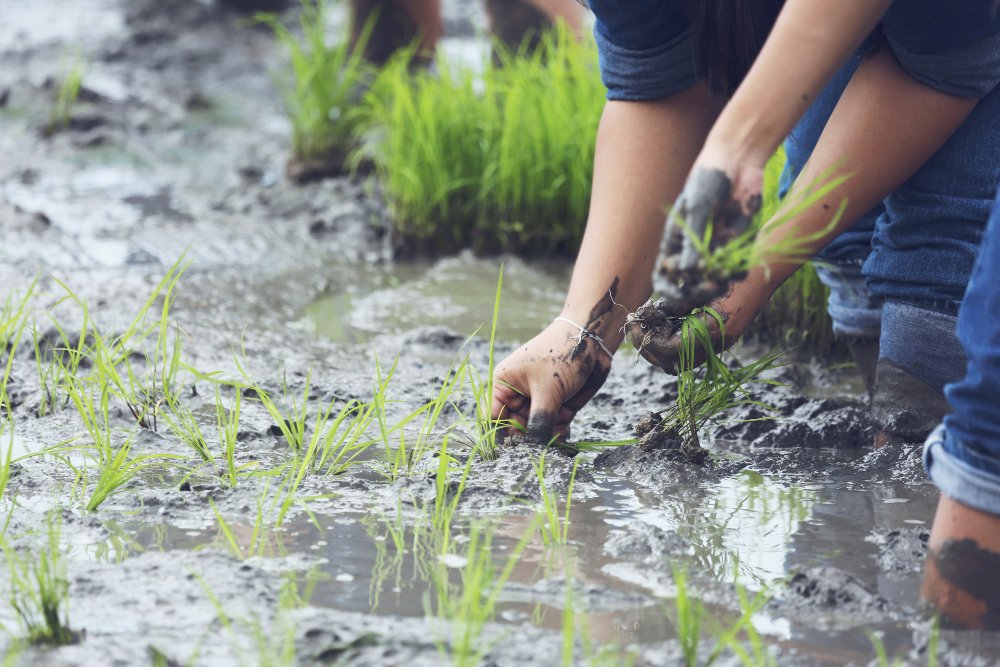Water scarcity is a growing concern worldwide, exacerbated by factors such as population growth, climate change, and inefficient water management practices. In this blog post, we delve into a crucial aspect of addressing this challenge: the importance of generating water from agricultural wastes.
The Water-Food Nexus: Understanding the Link between Agriculture and Water Stress
Agriculture is one of the largest consumers of freshwater globally, accounting for approximately 70% of total water withdrawals. However, traditional agricultural practices often lead to inefficiencies and water wastage. By exploring the intricate relationship between agriculture and water stress, we highlight the urgent need for sustainable water management solutions in the agricultural sector.
Turning Waste into Water: Harnessing the Potential of Agricultural Byproducts
Agricultural wastes, such as crop residues, animal manure, and food processing byproducts, hold immense potential as sources of water. Through innovative technologies such as anaerobic digestion, composting, and biochar production, these wastes can be converted into valuable resources, including water for irrigation, soil amendments, and renewable energy. We delve into the various methods and technologies for generating water from agricultural wastes, showcasing their environmental and economic benefits.
Enhancing Water Resilience: The Role of Water Recycling in Agriculture
Water recycling and reuse are integral components of sustainable water management strategies in agriculture. By recycling wastewater from agricultural activities and treating it to meet quality standards, farmers can minimize water withdrawals from freshwater sources and reduce the pollution of water bodies. We explore case studies and best practices of water recycling initiatives in agriculture, highlighting their potential to enhance water resilience and mitigate the impacts of water scarcity.
Empowering Farmers: Promoting Adoption of Water-Efficient Practices
Empowering farmers with the knowledge and tools to adopt water-efficient practices is crucial for achieving sustainable water use in agriculture. From precision irrigation technologies to soil moisture monitoring systems, we showcase practical solutions that enable farmers to optimize water use, increase crop yields, and conserve natural resources. By promoting a culture of innovation and knowledge sharing, we can unlock the full potential of agricultural water management for a water-secure future.
In conclusion, the generation of water from agricultural wastes offers a promising pathway towards addressing water scarcity and promoting sustainable agriculture. By harnessing the potential of agricultural byproducts, recycling water, and promoting water-efficient practices, we can cultivate a future where water is abundant, accessible, and resilient. Together, let us sow the seeds of change and harvest solutions for a water-secure world.








